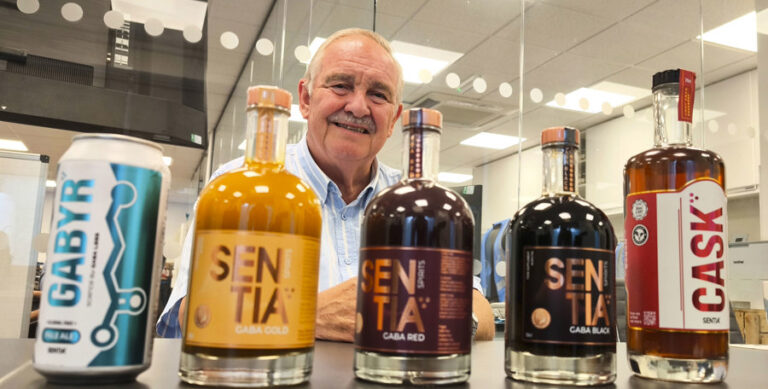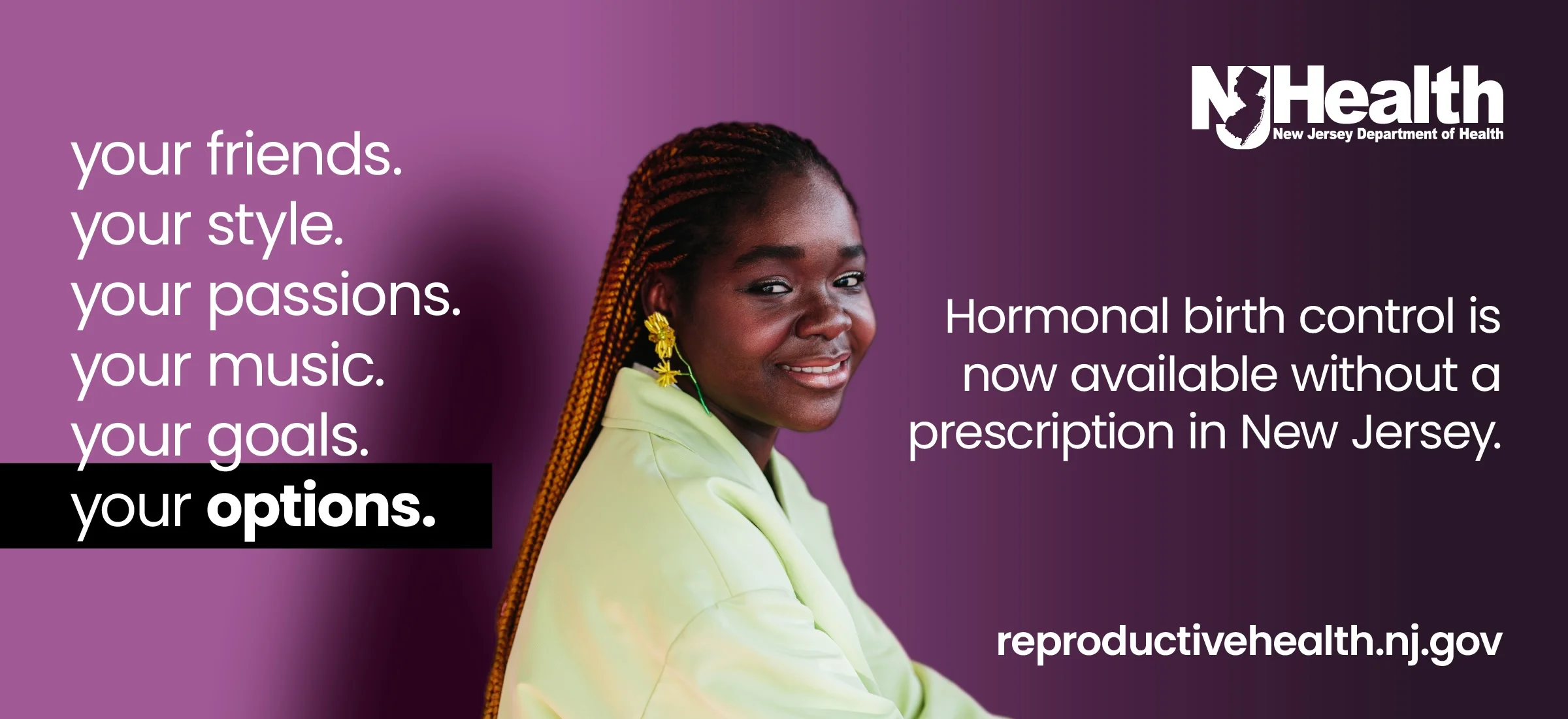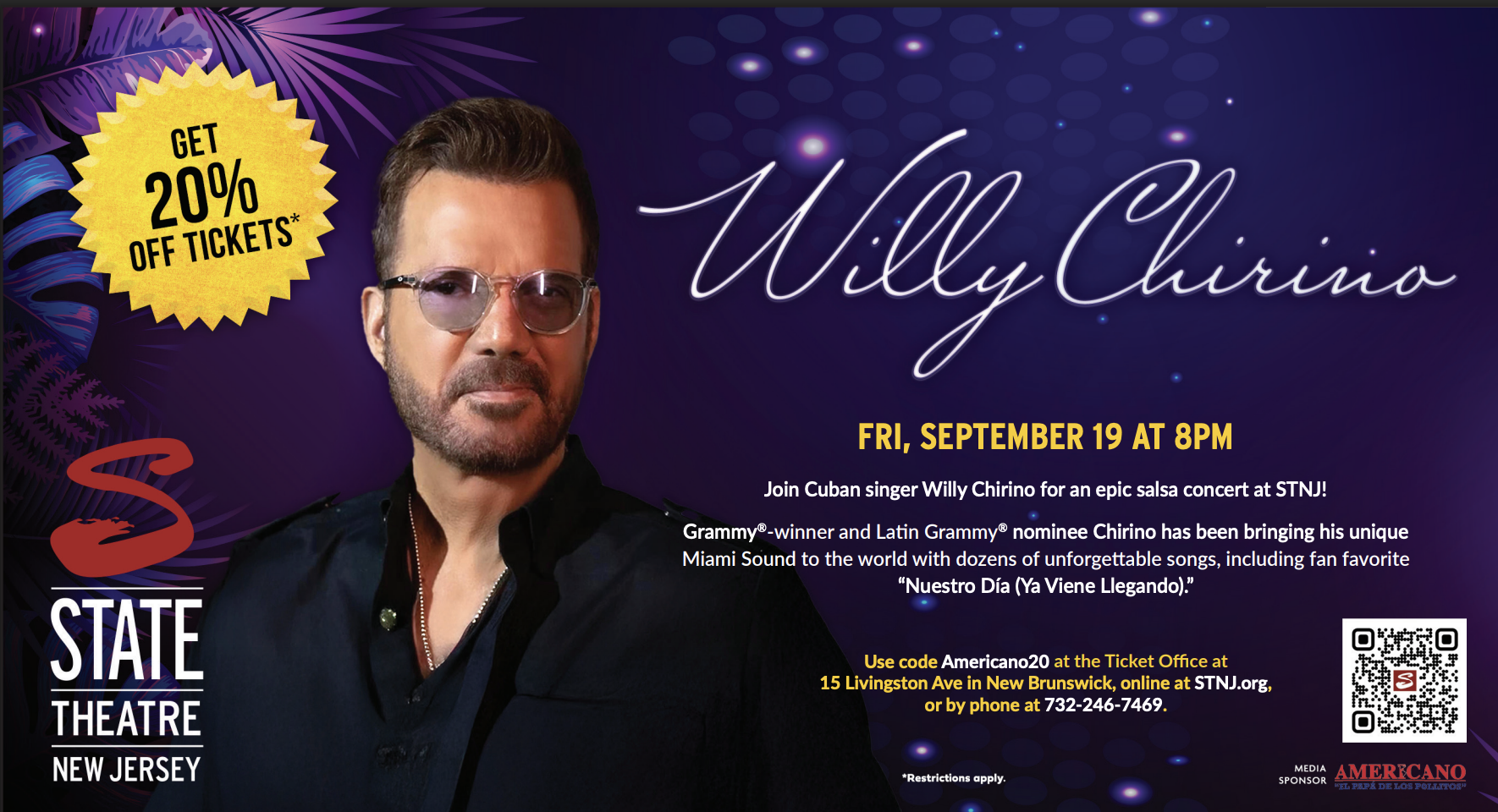
The non-alcoholic beer that can make you drunk.
London, Aug 30 (EFE).
A British laboratory has developed, for the first time, an alcohol-free beer capable of producing the early effects of intoxication, colloquially known as “getting drunk,” a form of social relaxation that leaves no hangover.
“It provides the same effects that people look for in a drink—relaxation, sociability—but with a much lower impact than alcohol,” neuroscientist David Nutt told EFE at his GABA Labs in Hemel Hempstead, just outside London, where the drink is manufactured.

Nutt, GABA Labs’ chief scientist, spent years researching how alcohol interacts with the brain and its chemicals, called neurotransmitters, and found that most of the effects people crave come from one in particular: gamma-aminobutyric acid, or GABA.
Hence, he named his non-alcoholic beer, marketed under the SENTIA Spirits brand, ‘GABYR’.
Nutt’s research documented that “the more alcohol you drink, the more it interacts with other neurotransmitters,” such as dopamine, endorphins, and glutamate, which “produce negative effects such as anger, aggression, addiction, withdrawal, and hangover.”

Based on these results, Nutt’s lab has developed beverages over the last decade that aim to “act solely on the GABA receptor and avoid all other effects of alcohol,” ranging from beer to whiskey.
Hangover-free and ephemeral
The concoctions are designed to mimic the time it takes to consume alcohol, and “within about five to ten minutes the drink reaches your brain, which is what people want,” Nutt says.
Afterwards, the effects fade and “stabilize, and it doesn’t matter how much you drink,” the neuroscientist explains.

The after-effects don’t last long; after about twenty minutes or half an hour of finishing the drink, you recover from that feeling of greater relaxation and ease, without any hangover or dizziness, perfect “for the first drink when you go to a party,” he says.
The expert refutes the term placebo. “We see people smiling more, being more talkative, speaking louder, similar to alcohol in that sense,” and it’s reflected in brain waves because “it increases brain energy,” he says.

“Does it loosen your inhibitions? Will you take pictures of yourself doing stupid things and send them to people you shouldn’t? It doesn’t get you ‘drunk’ to the point of doing stupid things. It’s designed to prevent that,” he asserts.
“What’s important,” Nutt continues, “is that people don’t use it as a legal loophole in driving,” since it wouldn’t cause a positive result in a breathalyzer test.
“You should never drive while under any kind of relaxation,” he warns.

Generational change
In a society where alcohol culture is a part of everyday life, Nutt points to a recent shift: “Young people are abandoning it. The market is changing.”
The latest figures confirm this statement. Alcohol sales in the United Kingdom fell by 10% between 2019 and 2023; and almost half of 18- to 34-year-olds have reduced their consumption due to health concerns.

Furthermore, the trend shows that sales of low-alcohol beverages will have grown by 20% by 2024, according to the analytical firm IWSR, a global leader in data and information on alcoholic beverages.
“We have this phenomenon in the UK called ‘low or no alcohol,'” says the neuroscientist.

“Many young people are moving away from alcohol and turning to healthier drinks like SENTIA because they are health-conscious, but they can also relax and know that they won’t harm their liver, heart, or brain in the long run.”
The social paradigm, he says, is in the process of changing: “It’s not about being strong to drink and hurt yourself. It’s about being absurd to drink and hurt yourself. It’s about being sensible and taking care of your body with a low-alcohol drink.”





